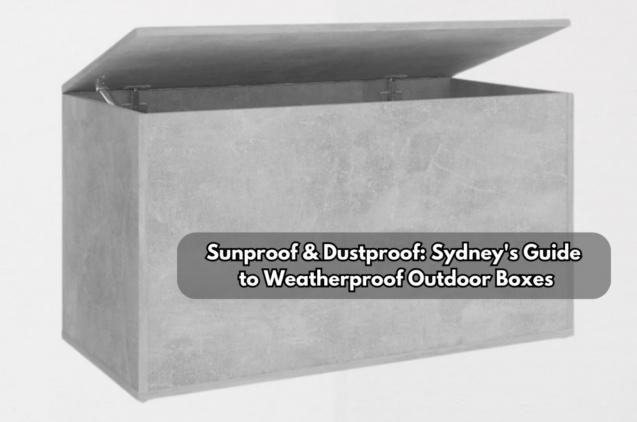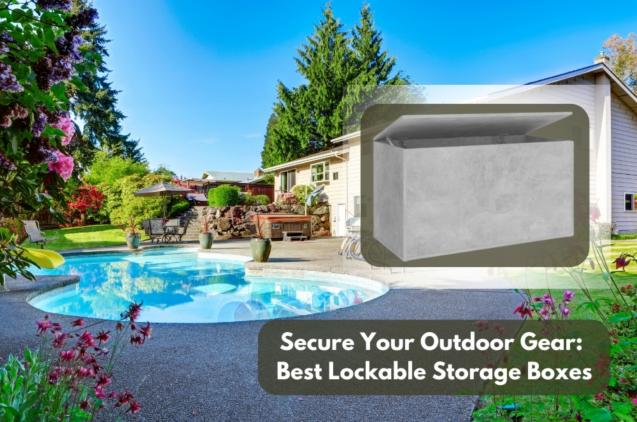
Future-Proof Your Sydney Home: A Guide to Climate-Resilient Living
That's where future-proofing against an ever-evolving environment comes in. It involves constructing a home resistant to the environment so that comfort and value last for generations. This includes investing in waterproofing solutions for Sydney's unique climate.
Understanding your home's needs
Before selecting a waterproofing solution, assessing your home's specific needs is essential. Consider the following factors:
- Age of your home: The level of necessary waterproofing may also depend on the age of the house.
- Construction materials: Some materials are more sensitive to moisture damage than others.
- Areas of concern: Determine which parts of your home are most susceptible to moisture issues (e.g., the basement, roof, and bathroom).
- Climate conditions: Another factor that the people of Sydney would consider when choosing the waterproofing solution is the climate, which is characterised by high humidity and occasional torrential rains.
It is necessary to note that several approaches to waterproofing have their strengths and weaknesses. Here are some standard options:
- Liquid-applied membranes: These flexible coatings can be moulded on concrete, masonry, and metal surfaces, among others. It gives good wear and tear and has good water resistance.
- Sheet membranes: Various waterproofing materials are available in prefabricated sheets for laying above existing surfaces. They are commonly applied in the construction of foundations and basements.
- Injection techniques: Injection, a process that seals the affected areas, could remedy any existing cracks or leakages.
Even do-it-yourself waterproofing methods are available, though it is noteworthy that one should contact a waterproofing professional. They can diagnose your home’s needs, suggest the ideal solution based on your case, and install it accurately.
A professional waterproofing contractor can:
- Make sure to check your home thoroughly to find the problematic places.
- Give consultation on the most suitable ways of waterproofing and the right products to use.
- Provide individual waterproofing, which will be optimal for the house and thus offers various services.
- Ensure the on-site work meets the best quality and follows set building codes.
Adapting to climate change
The climate in Sydney is changing, and with the heatwaves and storms becoming more frequent and intense, taking precautions to equip your home for the challenge cannot be taken lightly.
- Stormwater management: preferably be managed with rainwater tanks or soakwells. This minimises the impact of flooding due to stormwater runoff.
- Heat insulation: The insulation of heat can keep your home cool during periods of hot weather.
- Emergency preparedness: Have an emergency plan and prepare a disaster kit that you might want or need in these emergencies.
Waterproofing is an essential consideration a Sydney home can undergo since moisture plays a significant role in weakening the structure of our homes. The following are some of the critical waterproofing solutions considered:
- Basement waterproofing: If your home has a basement, seal the area accordingly to avoid water accumulation and associated disasters.
- Waterproofing the roof: This will be important because repairing the roof in case of leakage may be expensive for the owner.
- Shower and bathroom waterproofing: The shower, bathroom, etc., are vulnerable parts of the house to water damage; it is essential to ensure a good-quality waterproof mechanism is in place.
Keeping your outdoor belongings weatherproof in Sydney's highly unpredictable weather is very important. A waterproof outdoor storage box would not go amiss, whereby you may store things like tools, garden supplies, or sports equipment. They come in different sizes and materials to meet every need.
Key benefits of outdoor storage boxes:
- Protection against the elements: Waterproof boxes prevent the formation of rusting, corrosion, or degradation on items you store inside them by shielding them from rain, dampness, dust, and UV light.
- Security: Some storage boxes are manufactured with a lockable compartment to curb theft and access to banned items.
- Organisation: The boxes are meant to contain your tools, garden accessories, or even sports gear, ensuring an orderly outdoor space.
- Durability: Outdoor storage boxes, due to weather conditions, are made from hard finishes, including plastic, metallic, or wooden materials.
- Size: Opt for a large box that can easily house your items.
- Material: Your choice of material entirely depends on the climatic regions you live in and what items you want to store in it.
- Features: These containers also have other convenience features, including ventilation, shelves, and wheels.
While waterproofing is a functional feature in home maintenance, the colour of your waterproofing can also affect the general appearance of your home. Here are some things that one should consider:
- Complementary colours: You must choose waterproofing material that complements the colours of your home exterior. This may provide a harmonious, eye-catching look.
- Low-maintenance colours: Choose colours that are not easily prone to fading or staining, as they require less frequent repainting.
- Local building codes: Ensure your waterproofing colour meets local building codes or homeowners association requirements.
Government incentives and support
The Australian government has several measures and subsidies for sustainable and efficient energy use. Besides using outdoor storage and other items to enhance energy, some items can be claimed for immediate tax for energy-efficient home improvements. You may be eligible for:
- Tax deductions: You can claim an immediate deduction for the following home improvements: energy-efficient improvements.
- Grants and rebates: Select authorities and utility services may offer grants or rebates for energy-saving improvements.
- Low-interest loans: It is advisable to take low-interest loans where you would like to finance home improvements.
Following the proactive steps discussed in this guide, one can future-proof their home from changes in Sydney's climate. Investing in energy efficiency, water conservation, using sustainable materials, and applying climate adaptation measures secures your property and creates a more sustainable future. Remember, go out and find your government incentives and support programs to help offset costs for these improvements. You can make a comfortable, sustainable home that's ready for tomorrow's challenges today.



